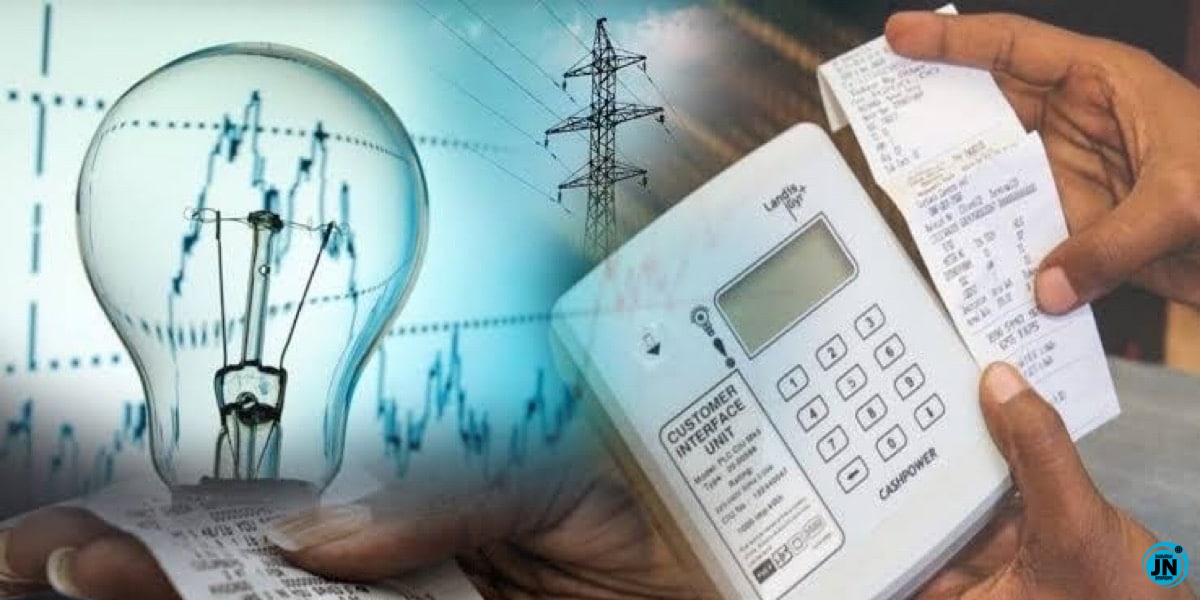Despite mounting pressure for its reversal, the Federal Government remains resolute in its decision to implement a staggering 240% increase in the electricity tariff applicable to consumers categorized under the 'A' group.
The government disclosed its intention to uphold this subsidized power pricing scheme temporarily, with a transition strategy aimed at gradually transitioning to a fully cost-reflective tariff over the next three years.

However, the Nigeria Labour Congress vehemently opposes the government's stance and warns of repercussions from the tariff increase, labeling it as unjust and unpopular. The NLC asserts that if the government persists in implementing what they consider to be an unjust policy influenced by international financial institutions such as the World Bank and International Monetary Fund (IMF), it must be prepared to face the consequences.
Benson Upah, the Head of Information at NLC, stated, "We did say earlier that this tariff hike is insensitive and unpopular. So if the government elects to continue with the hike or persists in something that is evil, I’m sure it is equally prepared for the consequences of that evil."
"The manufacturers are saying this is going to hurt businesses and make the environment more hostile, and we also said so. There is no place in the world where high power tariffs have supported manufacturing. Not even in the developed world," he added.
Upah further remarked, "It shows that the minister and the President are not in charge. The people in charge are the World Bank and the IMF. They are the ones driving this highly injurious policy. So, our leaders should be prepared for the consequences of this highly injurious policy. That is what I’ll say about this issue for now."
The hike in tariff, which affects approximately 1.9 million consumers, particularly those in the 'A' category, elicited strong opposition from various quarters, including manufacturers and organized labor.
In response to the government's stance, Minister of Power Adebayo Adelabu affirmed that the new tariff regime for 'A' category consumers would persist, citing unsustainable government expenditure on power subsidies. He emphasized that the government could no longer afford the financial burden of subsidizing electricity, which amounts to about N2.9 trillion for 2024 alone.
Adelabu defended the tariff hike, asserting its pro-poor nature, as it primarily affects residents capable of bearing the increased costs. He emphasized that the subsidy on electricity would be short-term, with plans to phase it out within three years, beginning with the withdrawal of subsidies from 'A' category customers as a pilot phase.
"This tariff review conforms with our policy thrust of maintaining a subsidized pricing regime in the short run or the short term with a transition plan to achieve a full cost-reflective tariff over a period of, let us say three years," he explained.
"It is because of the government’s sensitivity to the pains of our people that we will not make us migrate fully into a cost-reflective tariff or remove subsidy 100 per cent in the power sector like it was done in oil and gas sector," Adelabu added.
"This is more like a pilot for us at the Ministry of Power and our agencies. It is like a proof of concept that those that have the infrastructure sufficient enough to deliver stable power and enjoy 20 hours of light to be the ones to get tariff hike," he concluded.


